By Nurul Iffah Ghazali & Nurul Nabilah Hamsani
Introduction
Human potential is the only infinite resource in the world. According to the 1982 edition of The Concise Oxford Dictionary, "potential" denotes "capable of becoming or acting." Humans are by nature energetic, able to reason, and endowed with greater mental faculties; hence, they are capable of being proactive as opposed to reactive; their latent energies can "come into being." In truth, the dictionary definition of potential takes latent energy into account. Humans can take responsibility of their lives when they utilise their potential. They are independent of external forces. External pressures can kill potential (if not in all cases, at least in many cases) (Kalra, 1997).
Therefore, human potential is the ability of a person to express themselves through working, learning, training, and practising to the best of their abilities and talents. It is one of the most essential internal resources and plays a significant role in the company's expenses. A capability that has yet to be fulfilled is referred to as "potential." The phrase is used to describe things that are in a state where they can change in a variety of ways, ranging from the simple release of energy by objects to the fulfilment of capacities in individuals, in a variety of areas spanning from physics to social sciences. One definition of potential growth is "becoming the best version of oneself."
Realising individual potential can lead to happiness and satisfaction in our life. Individuals who are deemed to have a particular level of potential but are not realising it are sometimes referred to as 'ignorance of their potential. Early ideas on human potential claimed that a person's complete potential existed in him or her before birth, potentially even before conception. This is also in line with the Islamic perspective of human potential as highlighted in surah At-Tiin, verse 4; "Human is created in the best mankind".
Thus, we should accept our existence and employ our full potential. This study examined the issues and effects of unlocking human potential. This study will then suggest ways to solve.
Human Potential Issues, Effects and Ways to Solve
Issue 1: Lack of positivity in the social media world.
One of the major challenges to notice the potential is because we are currently living in the social media world. Social media is a platform of interaction among people in which they create, share, and switch information and ideas with each other through virtual networks. Some social media platforms include Instagram, WhatsApp, Twitter, Facebook, etc. Social media seems to have a tremendous impact on society, particularly on people's mental health. One of the research projects showed the rate of suicide among adolescent aged 10-24 has increased significantly by 56% in recent years, from 2007 to 2017 (Nesi, 2020)
Social media has completely changed the way we communicate and how we shape the story of our lives. There are many benefits of social media, but there is also the constant threat of continuous scrolling. It is hard to find positivity through social media because negative influences control the contents of social media platforms. The bad influences may come from many aspects such as cyberbullying, unrealistic perception, and fear of missing out (FOMO), and have turned many people to become less confident and unhappy with themselves.
One of the bad effects of social media is it can lead to poor mental health and lower people’s self-esteem. This is due to unhealthy comparisons we tend to make with other people that seem ‘luckier’ than us. For example, when we see some random photos with a new car or house in the newsfeed or Instagram story, we might feel jealous and envy them without putting a thought on the sacrifice that he or she had endured to achieve those things. Secondly, social media also makes us feel left out when we see people having fun without us. Everything is posted and exposed on the social media platform, hence making real life not exclusive and private anymore. People are competing and desperate to show their lives are more pleasurable than others. In the long run, if this occurs repeatedly it may lead to a more deliberate effect on psycological well-beings such as smartphone addiction, social isolation, anxiety, and depression.
To prevent us from keeping stuck with the negative influence of social media consumption, the simplest way to do is the need for people to limit their time lying on social media. One of the studies at the University of Pennsylvania in 2018 found that reducing the time of social media usage to 30 minutes a day will result in a significant reduction in levels of anxiety, depression, loneliness, sleep problems, and FOMO. Some people might face difficulties to set a time limit, but it is suggested to make a small step of reducing the time using social media to improve their mental health. Also, 'being mindful’ of what we see in the media might give a positive effect on our mood and focus (Smith, 2021). People need to find other new interesting hobbies that can increase their human potential such as reading a lot of materials on how to be an open-minded person or doing things that give them joy but are beneficial. Schedule more engaging conversations with people outside their circle can also be helpful as they can exchange their opinions with others. It may expand their knowledge and lead them to a positive perception.
Issue 2: The youth generation is not aware or armed themselves on self-care and mental health issues.
The second challenge to boost human potential is due to the lack of awareness about self-care and mental health issues. Self-care and mental health are the perfect elements that all individuals need to take care of to stay sane. Self-care refers to how people take care of themselves so that they can stay healthy, manage to settle into their job, and can resume day-to-day activities perfectly. According to Sherman (2004), self-care is broadly defined as 'the self-initiated behaviour’ that people choose to incorporate to promote good health and general well-being. To relate, these two things are a perfect duo because self-care can help individuals to manage their mental health such as stress, fear, illness, etc. Self-care can reduce someone's stress and increase their energy. However, the youth generation nowadays cannot focus on self-care. They are busy with other commitments - most probably study and work, to keep abreast with the economic demands and fulfil the lifestyles of the younger generation.
Due to a lack of knowledge in self-care and mental health issues, these youth generations are more likely to experience depression and tend to get anxiety disorder. They do not know the right way to control themselves, especially when facing difficulties in their life. For example, when they are stuck on finding new ideas for the work assigned or need to meet the important deadlines of any project, they tend to overthink and overstress with the circumstances. This might lead to stress being passed to other people around them.
Thus, it is highly recommended to develop knowledge of self-care and mental health for all people including the older generation. They should demonstrate empathy and vulnerability to the younger generation's situation. Being empathetic can help gain a better understanding and interaction with people. Related to this issue, an older generation (parents or siblings) should portray empathy by listening to their problems and offering help accordingly. For example, parents may have a useful conversation to share some knowledge that can educate their children. At the same time, the children must not hesitate to seek advice from the elderly when it is necessary. Therefore, both of them can benefit from insightful sharing and be applied in daily practical life. This can improve people’s abilities and growth in the future.
Issue 3: People could not define what success is in their life.
In general, success means the achievement that has been achieved by someone based on the goals that they have targeted. An example of success is by gaining luxuries, excellent exam results, champion in competition, and others. However, success varies based on the interpretation of the individuals. As we can see, many people always pursue money, rank, and wealth, but once they get all these achievements, they do not feel happy about that. This is because they measure success based on other people's perceptions rather than making on their own wants and targets. However, it will become more challenging when they do not know how to define success and what exactly they need most in their life. They cannot see the importance of having a clear goal in achieving something that will benefit them in the future.
One of the solutions to define success is by applying the concept of Maslow's Hierarchy of Needs to our life. The Maslow Hierarchy of Needs refers to a motivation theory in psychology that includes a five-level model of human needs. It is often presented as hierarchical levels within a pyramid and from bottom to top, the needs start with physiological needs, security needs, needs for love and belonging, and esteem and end with self-actualisation. To relate on human potential, we may focus on self-actualisation as it may open our eyes to realise our capabilities, strive for better growth, self-realisation, and experiences, and also the desire of becoming who we want to be. By applying these needs, the individuals will be able to find a meaning of success to fulfil their satisfaction and indirectly can improve their human potential. Find our own strength and work smart to contribute to others. For example, Bill Gates’ emphasis on success would be incomplete without invention to help people in need and raise children in a holistic environment. This shows we cannot have real success if we do not think of other people. This is in also in line with Islamic principle, where humans will find satisfaction when giving kindness to other people.
Another solution to define success is by knowing the purpose of our own existence in this world. As Muslims, we should turn back to our Lord, Allah the Almighty. As stated in Quran Surah Adh-Dhariyat verse 56, “And I did not create the jinn and mankind except to worship Me”. Thus, our action should be following what is required by Allah SWT. Besides, success in Islam is not only limited to this world (dunya), but also the hereafter (akhirah). When we know our purpose, we will more enthusiastic to unlock our human potential, finding knowledge and skills to make sure our lives will be more meaningful and to be rewarded by Allah.
Conclusion
In conclusion, unlocking human potential should involve all individuals including the young or old generation. They should play a significant role to use human capacity for the benefit of the society and the country. This can further strengthen a person’s ability in carrying out any responsibilities or tasks that need to be done effectively and efficiently. With that, our world will be much better, more peaceful and the spread of kindness and love rather than hatred. As we have highlighted several issues and recommendations in this article, we believe that there are no effective solutions that can motivate to unlock the potential other than the changes start within you.
Kalra, S. K. (1997). Human potential management: time to move beyond the concept of human resource management? Journal of European Industrial Training, 21(5), 176–180. https://doi.org/10.1108/03090599710171431.
Maslow, A.H. (1943), “A theory of human motivation”, Psychological Review, Vol. 50, pp. 370-396, doi: 10.4324/9781912282517.
Nesi, J. (2020). The Impact of Social Media on Youth Mental Health. North Carolina Medical Journal , 116-121.
Sherman, D. W. (2004). Nurses’ Stress & Burnout: How to care for yourself when caring for patients and their families experiencing life-threatening illness. AJN The American Journal of Nursing, 104(5), 48-56.
Smith, L. R. (October, 2021). Social Media and Mental Health. Retrieved from HelpGuide: https://www.helpguide.org/articles/mental-health/social-media-and-mental-health.htm
The Concise Oxford Dictionary (1982), 7th ed., Sykes, J.B. Ed.), Oxford University Press, Bombay.



